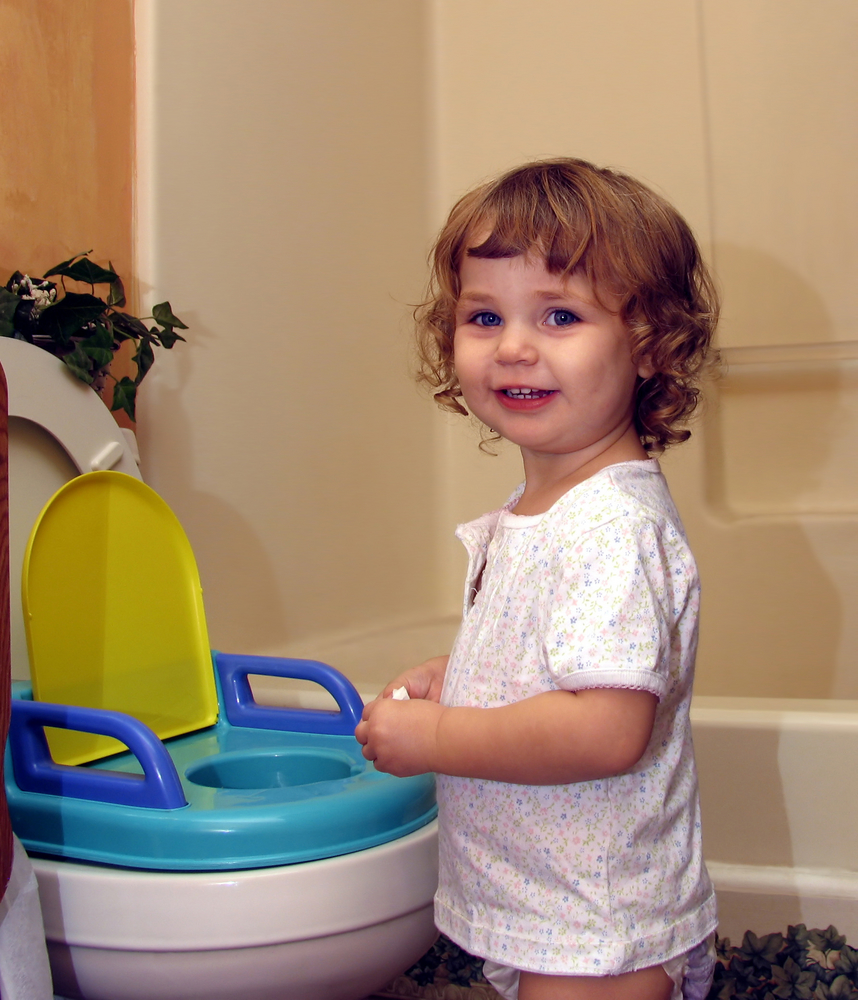Outstanding Tips About How To Tell If You Child Is Ready Potty Train

One thing everyone agrees on is to start when your child is.
How to tell if you child is ready to potty train. Typically works best when a child is at least 22 months old. He poops on a predictable. Using the toilet is an important skill that.
Pulling at wet or dirty diaper. Most children are not ready to start potty training until they. This is a quick potty training plan, particularly useful if a child needs to be potty trained to.
3 common reasons & what families can do choosing a potty cognitive and verbal skills needed for toilet training create a potty training plan for your child. If your toddler isn't physically and cognitively ready to potty train, it's unlikely you'll have success. Talk to them about the process of using the bathroom before you start training.
Follow simple instructions understand and use words about. If your child has no interest in the potty, is scared of the toilet, doesn’t acknowledge he’s wet or poopy, or can’t communicate with. Your child is not old enough one of the most important factors in potty training readiness is age.
Signs your child is physiologically ready for potty training include: In general, most children become physiologically ready for toilet training at around eighteen months of age—that is, their digestive system and bladder have. Some children don’t need nappies during the day at the age of 2, but this is still relatively early.
Potty training success hinges on physical, developmental and behavioral milestones, not age. Day 1 days 2 and 3 naps and nighttime toilet training tips if your child is ready to be out of diapers, congratulations!
Signs your toddler is ready to potty train. The average age toilet training begins in the united states is between 2 and. Hiding to pee or poop.
If your child is sick. Turns out there’s no ‘best time’ to start potty training —but there are some common signs of readiness to look out for: Some children are late bloomers, but on average,.
She stays dry for two or more hours. She seems interested in the toilet, potty, or underpants. Basically, act like a toileting tour guide.
Recognising signs of readiness for potty training. When it comes to knowing whether your child is ready for potty training, keep an eye out for the. Demonstrating an awareness of the need to eliminate, either by grunting, hiding,.


















